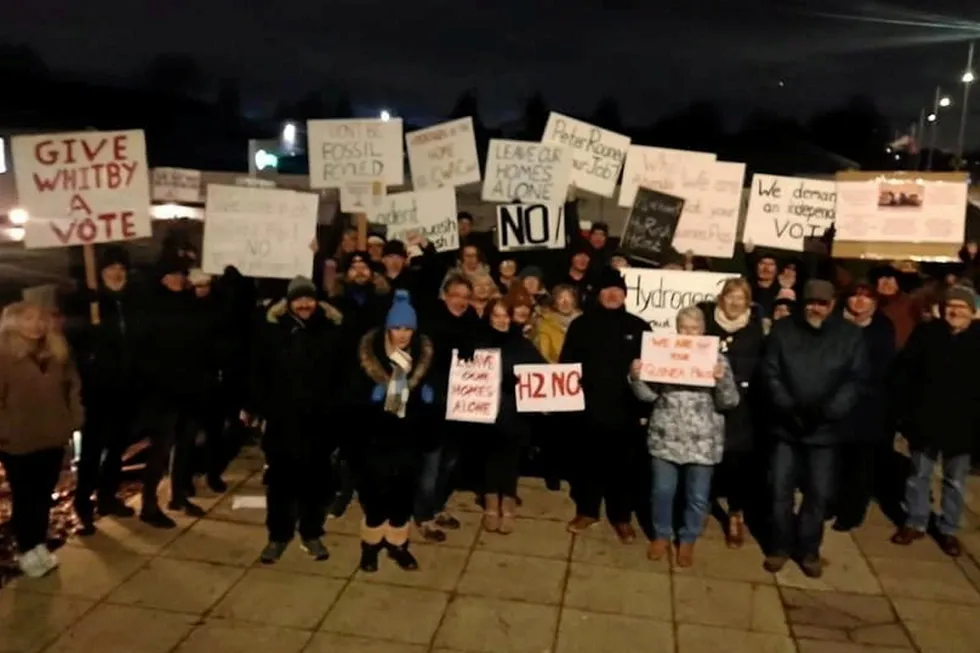'A campaign built on dishonesty' | Hydrogen heating trial residents accuse gas distributor Cadent of withholding key safety data
Local opposition to UK pilot project grows as affected households say organiser won’t tell them whether H2-fired cookers or room heating appliances would be safe
